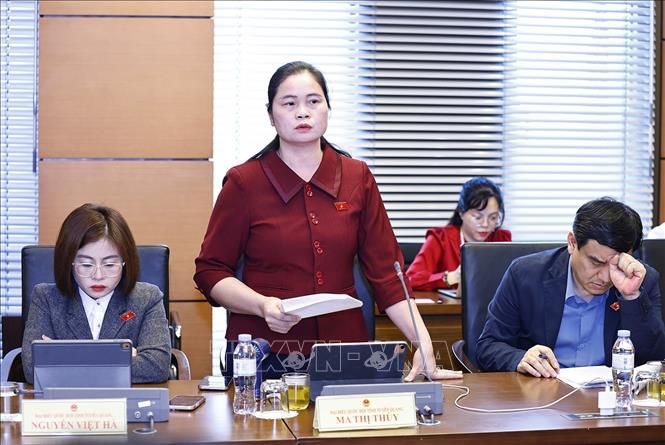
National Assembly delegate of Tuyen Quang province Ma Thi Thuy. Photo: Doan Tan/VNA
Sharing their views on the sidelines of the session, National Assembly delegates said that education has always been identified by the Party and State as the top national policy, the shortest path to hunger eradication, poverty reduction and sustainable development. The policy of free textbooks is a step forward that demonstrates the humane nature of our society.
Delegate Ma Thi Thuy (Tuyen Quang) highly agreed with the goals and innovative spirit of the Draft Resolution on a number of specific and outstanding mechanisms and policies to make breakthroughs in education and training development, especially the provisions in Article 3 on cooperation in developing educational programs.
Article 3, Clause 1 stipulates: providing free textbooks for students to complete by 2030; for localities with conditions, free textbooks will be implemented from the 2026-2027 school year. This is a major policy, with profound implications for social welfare and equity in education.
"Textbooks are not only learning tools, but also symbols of knowledge, the first means for all children to access the right to equal education recognized by the Constitution and law. I believe that the policy of free textbooks is a step forward that demonstrates the humanistic and socialist nature of our country," delegate Ma Thi Thuy emphasized.
However, expressing concerns about the feasibility of this regulation, a delegate from Tuyen Quang province said that according to the draft, localities with "conditions" will be able to implement free textbooks four years earlier than the remaining localities. The remaining localities will have to wait until 2030.
Meanwhile, in reality, the "well-off" provinces are mainly large cities and economic centers - where people's living standards are relatively high; while disadvantaged localities - mountainous areas, islands, and ethnic minority areas - will have to wait until 2030 to benefit from this policy.
According to the delegate, if the roadmap as in the draft is applied, students' access to education between regions will no longer be equal in terms of time, fading the spirit of social justice in education.
According to the delegate, such a regulation is intended to encourage localities with sufficient budget capacity to proactively implement it first, not to create discrimination. However, without a specific guiding mechanism, the regulation "localities with conditions" can easily be interpreted differently, even creating public opinion and comparison, causing social pressure.
Therefore, the Tuyen Quang province delegate proposed that the drafting agency consider adjusting this regulation in the direction of: Maintaining the goal of free textbooks nationwide by 2030, but needing to prioritize implementation for especially difficult areas, mountainous areas, islands, and ethnic minority areas.
Add specific criteria to identify "qualified localities" based on budget balancing capacity, socialization capacity, and average income per capita, to make implementation transparent and avoid arbitrariness. At the same time, allow the mobilization of socialized resources, scholarship funds, businesses, and socio-political organizations to participate in providing free textbooks, instead of relying solely on the state budget.
The delegate emphasized that education has always been identified by the Party and State as the top national policy, the shortest path to hunger eradication, poverty reduction and sustainable development. The free textbook policy, if designed reasonably, fairly and humanely, will be a concrete step to vividly realize the spirit of "education for everyone, leaving no one behind".
Delegate Chau Quynh Dao (An Giang) said that although Vietnam has achieved remarkable achievements, the education sector still has shortcomings, barriers and bottlenecks that prevent it from fully promoting its role as a key driving force for economic and social breakthroughs in the new era.
The issuance of the National Assembly Resolution on a number of specific and outstanding mechanisms and policies to make breakthroughs in education and training development is absolutely necessary. This is considered a specific legal tool to promote the development of the education and training sector.
Welcoming the regulation on preferential allowance of at least 70% for preschool and primary school teachers and 100% for teachers in particularly difficult areas, however, delegates said that this is a policy with a huge impact on the budget, which needs to be considered, researched and implemented according to a roadmap to be able to cover all subjects including teachers and school staff at a number of other educational institutions.
Source: https://baotintuc.vn/thoi-su/chu-truong-mien-phi-sach-giao-khoa-la-mot-buoc-tien-the-hien-ban-chat-xa-hoi-nhan-van-20251117155756263.htm








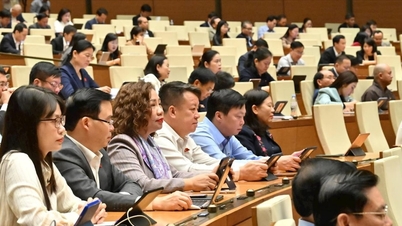

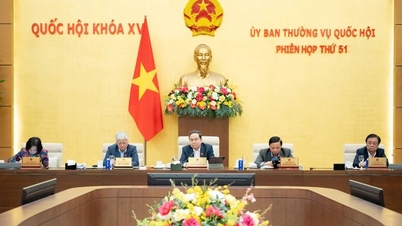

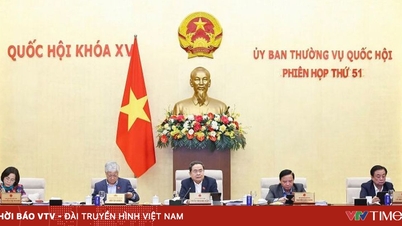


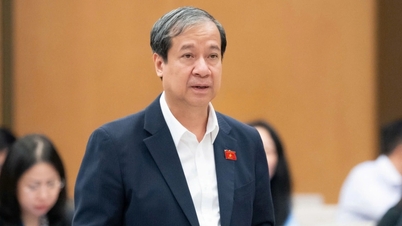

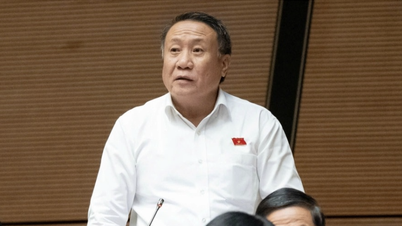


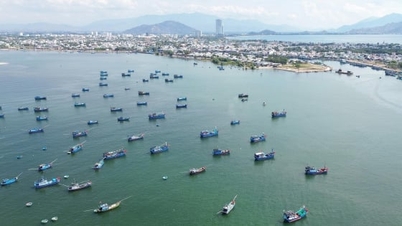

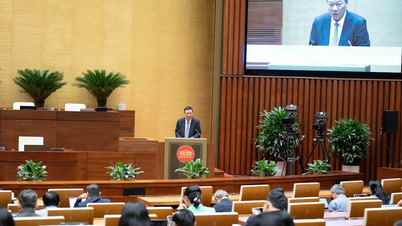


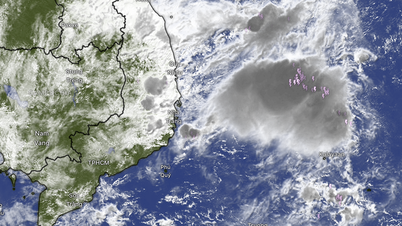








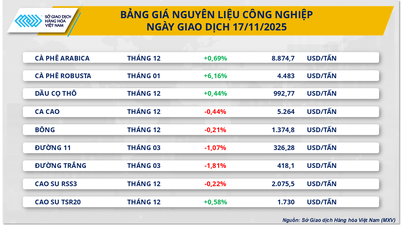

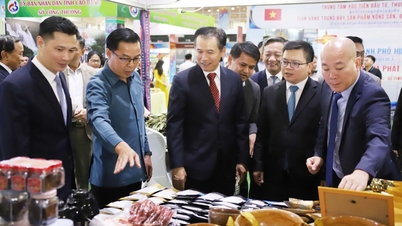

![[Photo] General Secretary To Lam and National Assembly Chairman Tran Thanh Man attend the 80th Anniversary of the Traditional Day of the Vietnamese Inspection Sector](https://vphoto.vietnam.vn/thumb/1200x675/vietnam/resource/IMAGE/2025/11/17/1763356362984_a2-bnd-7940-3561-jpg.webp)







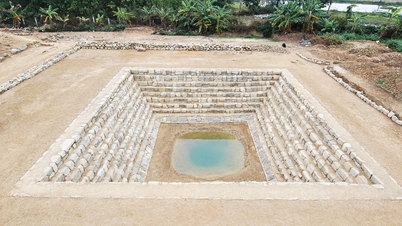
















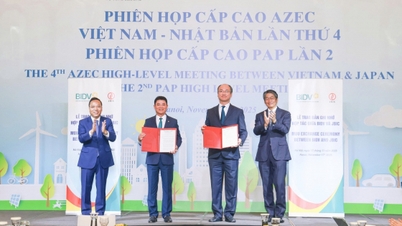




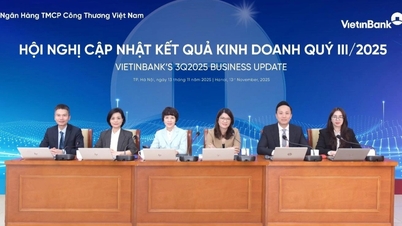












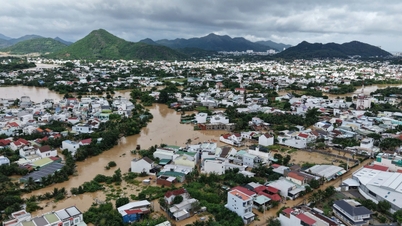


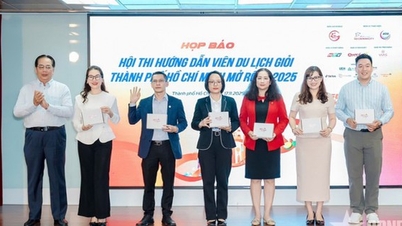

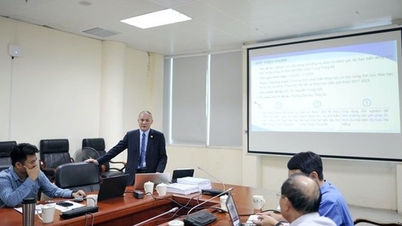




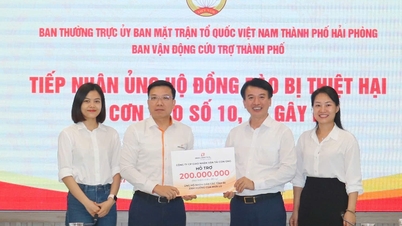





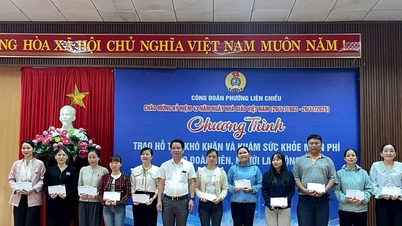













Comment (0)